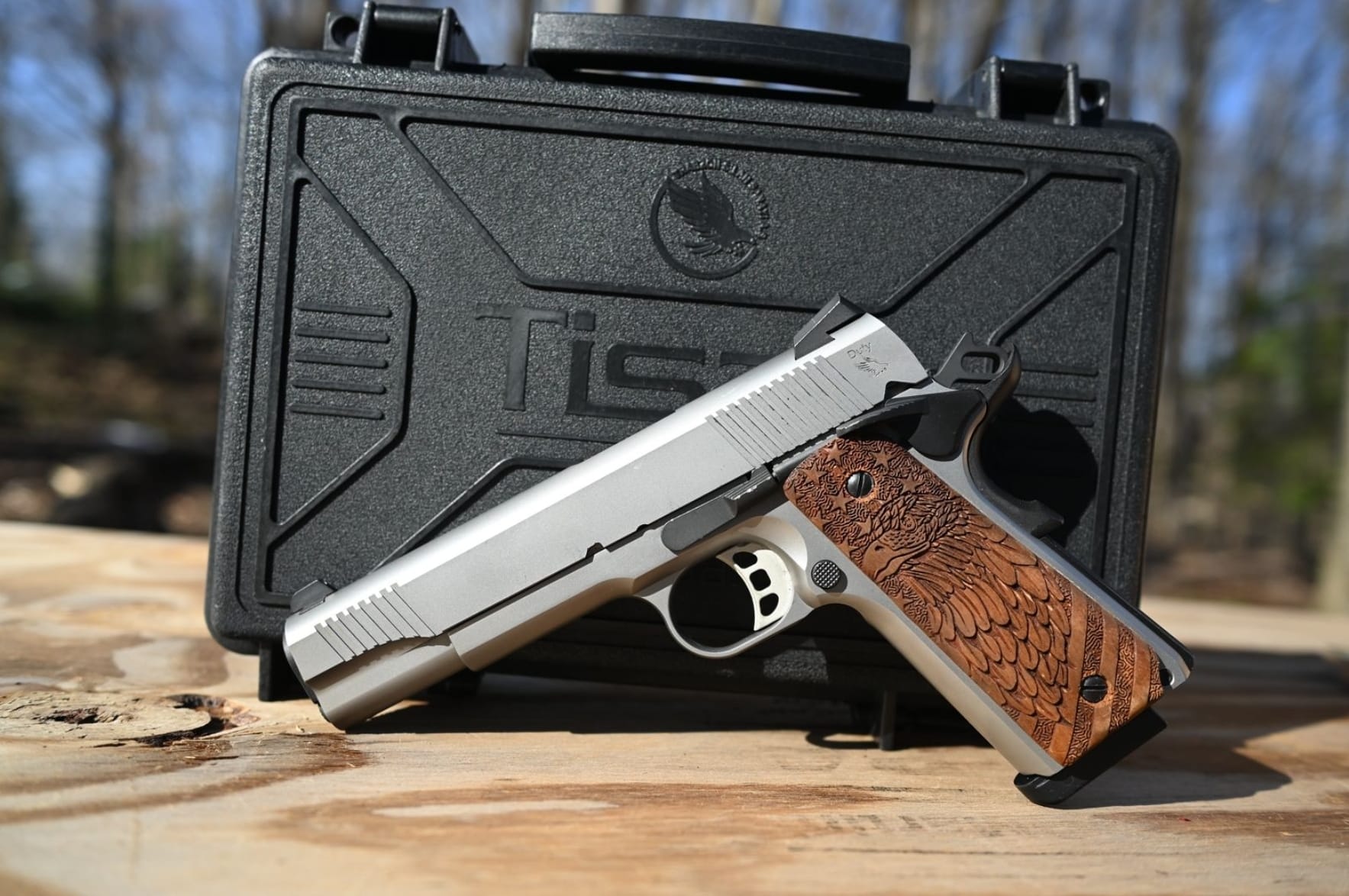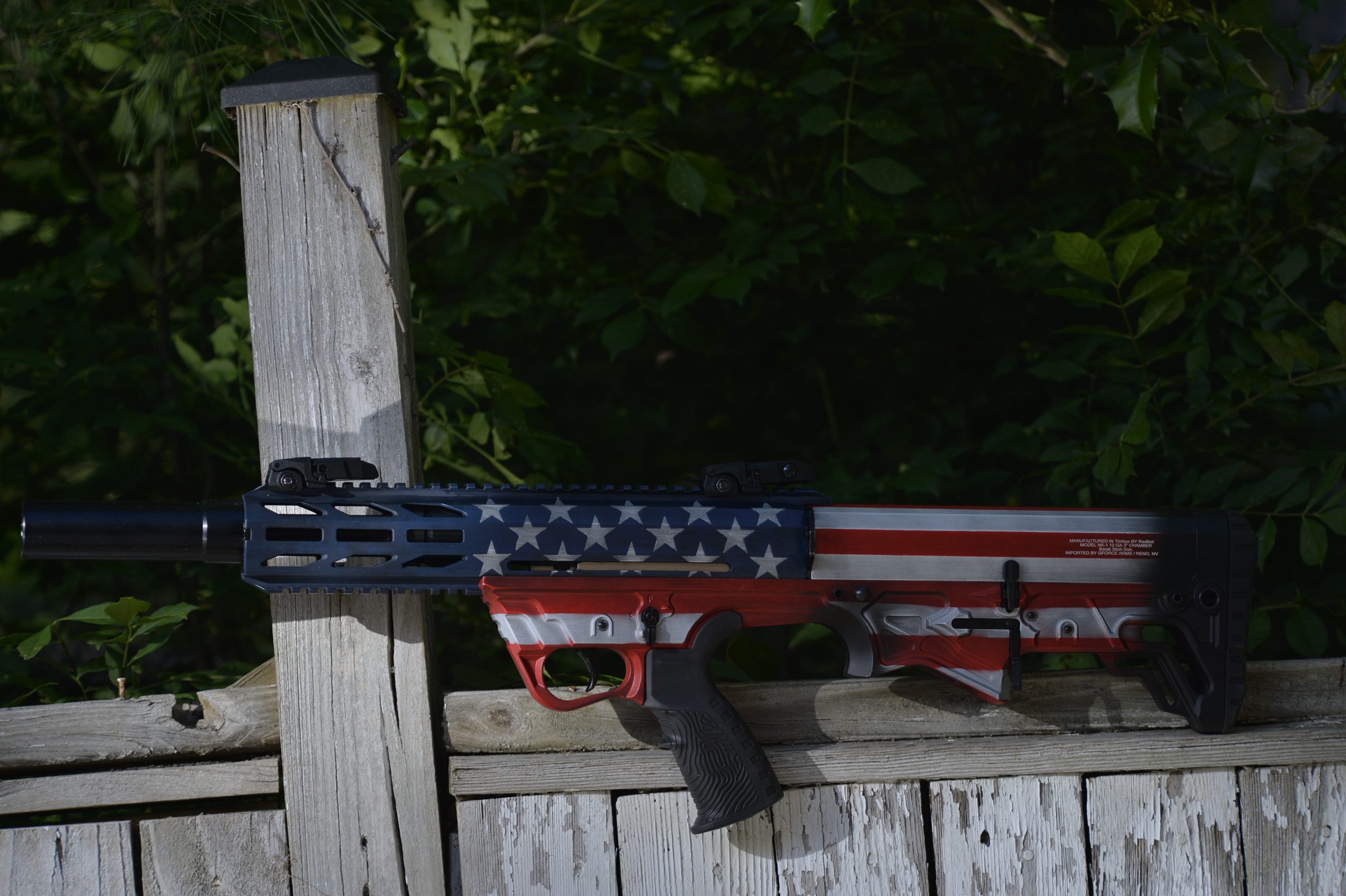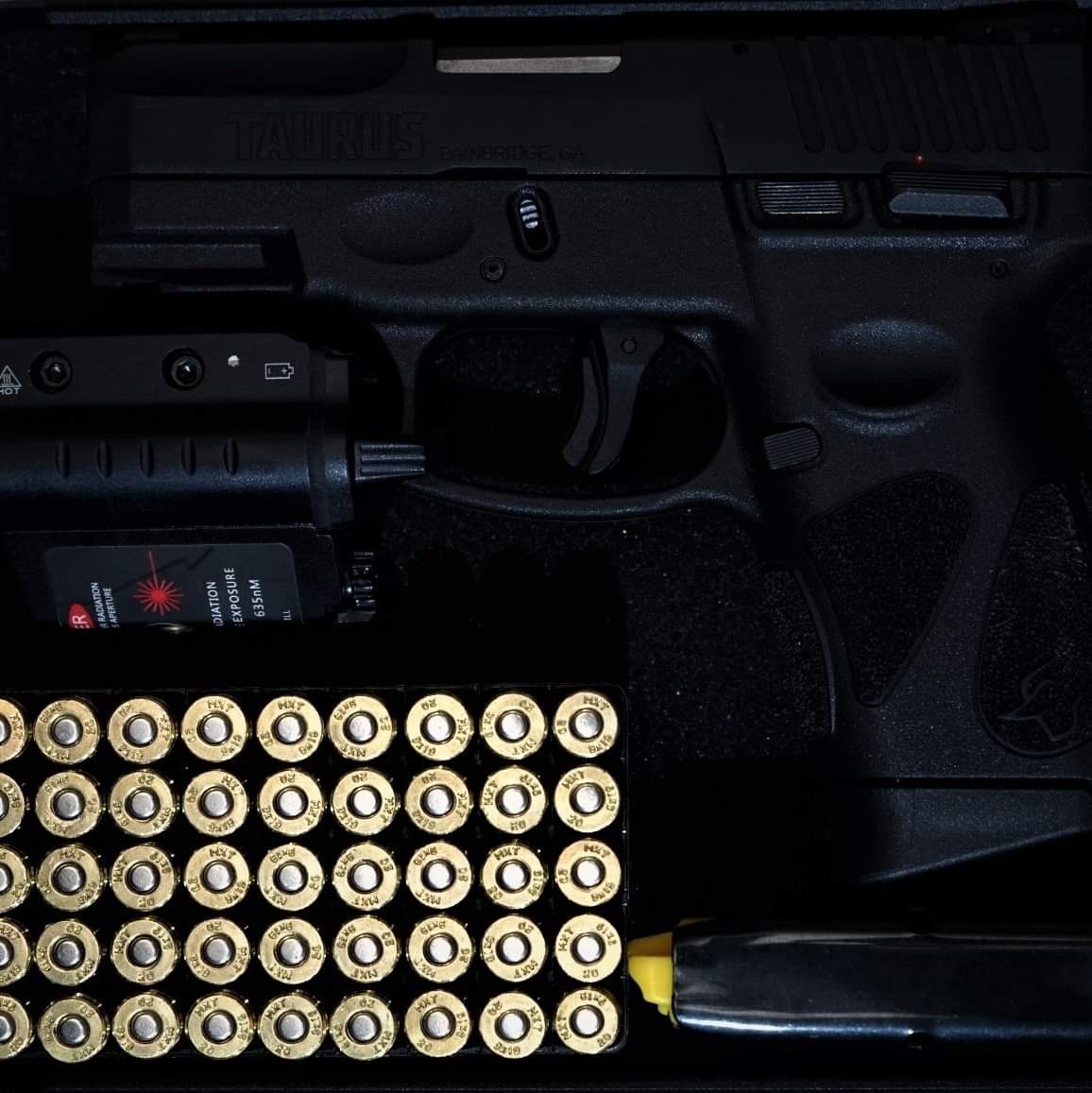Maryland residents are now eligible to obtain concealed carry permits more easily, following a major shift in firearm laws after a 2022 U.S. Supreme Court ruling. The decision, from the case New York State Rifle & Pistol Association v. Bruen, redefined how courts interpret the Second Amendment and forced several states, including Maryland, to revise their permitting systems.
🏛️ Supreme Court Ruling Sparks Change in Maryland
The Supreme Court ruled that states could no longer require individuals to prove a “special need” to carry a firearm in public. This directly impacted Maryland, which had previously required applicants for a handgun carry permit to show a “Good and Substantial Reason” for needing one—such as a documented personal threat.
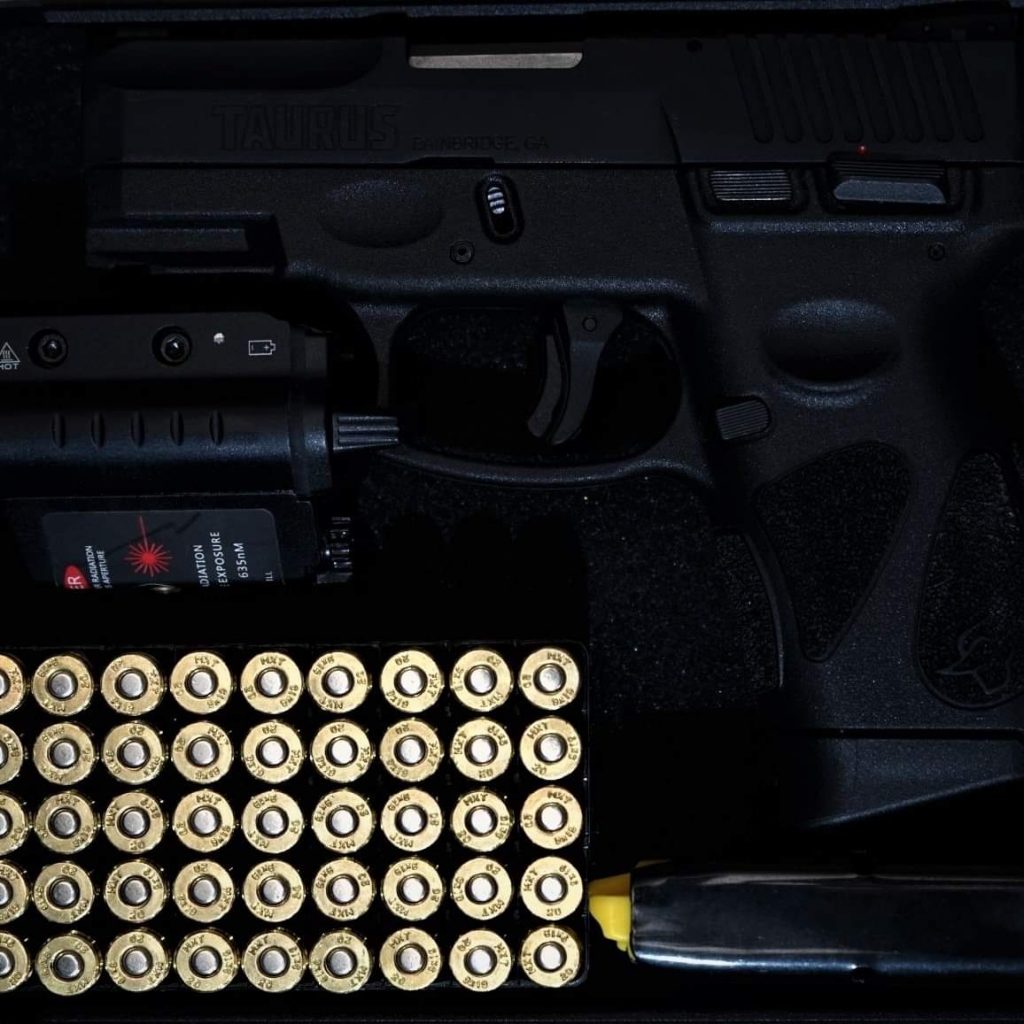
In response, Maryland’s governor ordered the Maryland State Police to stop enforcing that standard. This effectively removed a major barrier for applicants, making the process more accessible to the general public.
📝 Updated Concealed Carry Permit Requirements in Maryland
While Maryland no longer requires applicants to justify their need to carry, several basic requirements remain in place:
- Applicants must be at least 21 years old.
- A background check is required, checking for any criminal history or disqualifying mental health conditions.
- Applicants must complete a state-approved firearm safety training course.
- A completed application must be submitted to the Maryland State Police, along with applicable fees and documentation.
These requirements aim to ensure public safety while respecting constitutional rights.
🚫 Where Carrying is Still Restricted
Even with a permit, individuals in Maryland may not carry concealed firearms in certain “sensitive areas,” including:
- Schools and educational institutions
- Healthcare facilities
- Government buildings
- Establishments that serve alcohol
These restrictions are intended to prevent firearms from being present in places where they could pose a greater risk to public safety.
⚖️ Ongoing Legal Developments
After the Supreme Court’s ruling, Maryland’s gun laws continued to face legal scrutiny. While some federal courts initially struck down certain state licensing requirements as too restrictive, others later upheld Maryland’s approach. As a result, the state continues to require training and background checks, but no longer asks applicants to demonstrate personal danger or special circumstances.
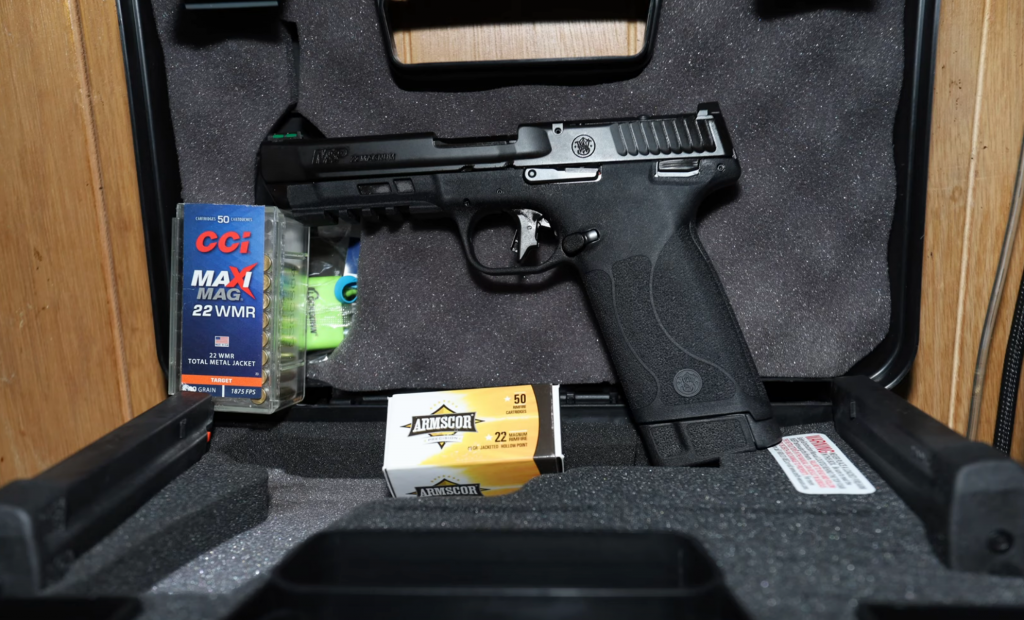
🧭 Conclusion
Maryland’s concealed carry laws have undergone a major shift. Residents no longer need to prove a specific need to obtain a permit, but they must still meet legal and safety requirements. The state has adjusted its laws to comply with the Supreme Court’s decision while maintaining public safety through training and location-based restrictions. As the legal landscape continues to evolve, Marylanders can expect further clarity on their rights and responsibilities under the Second Amendment.

